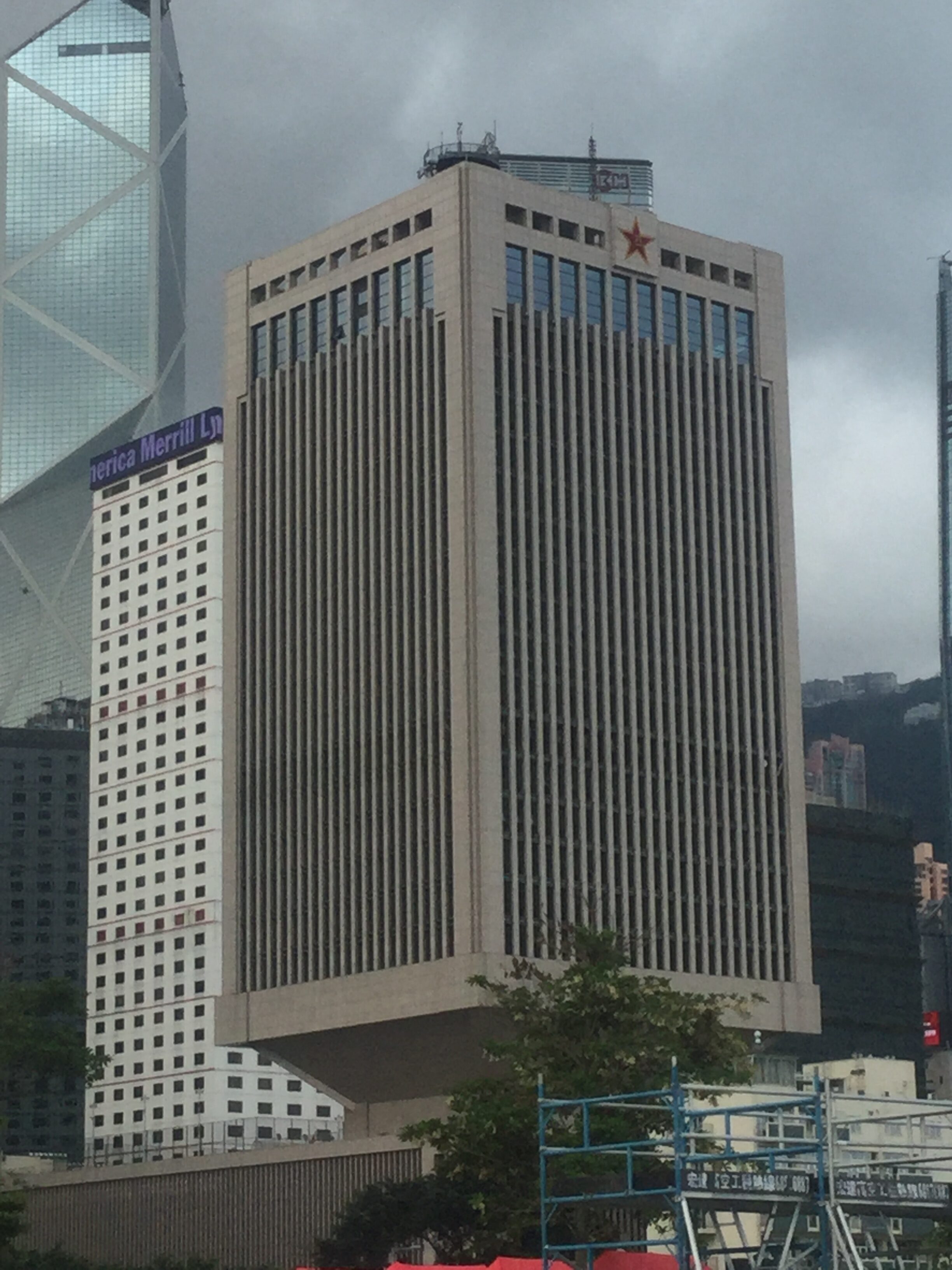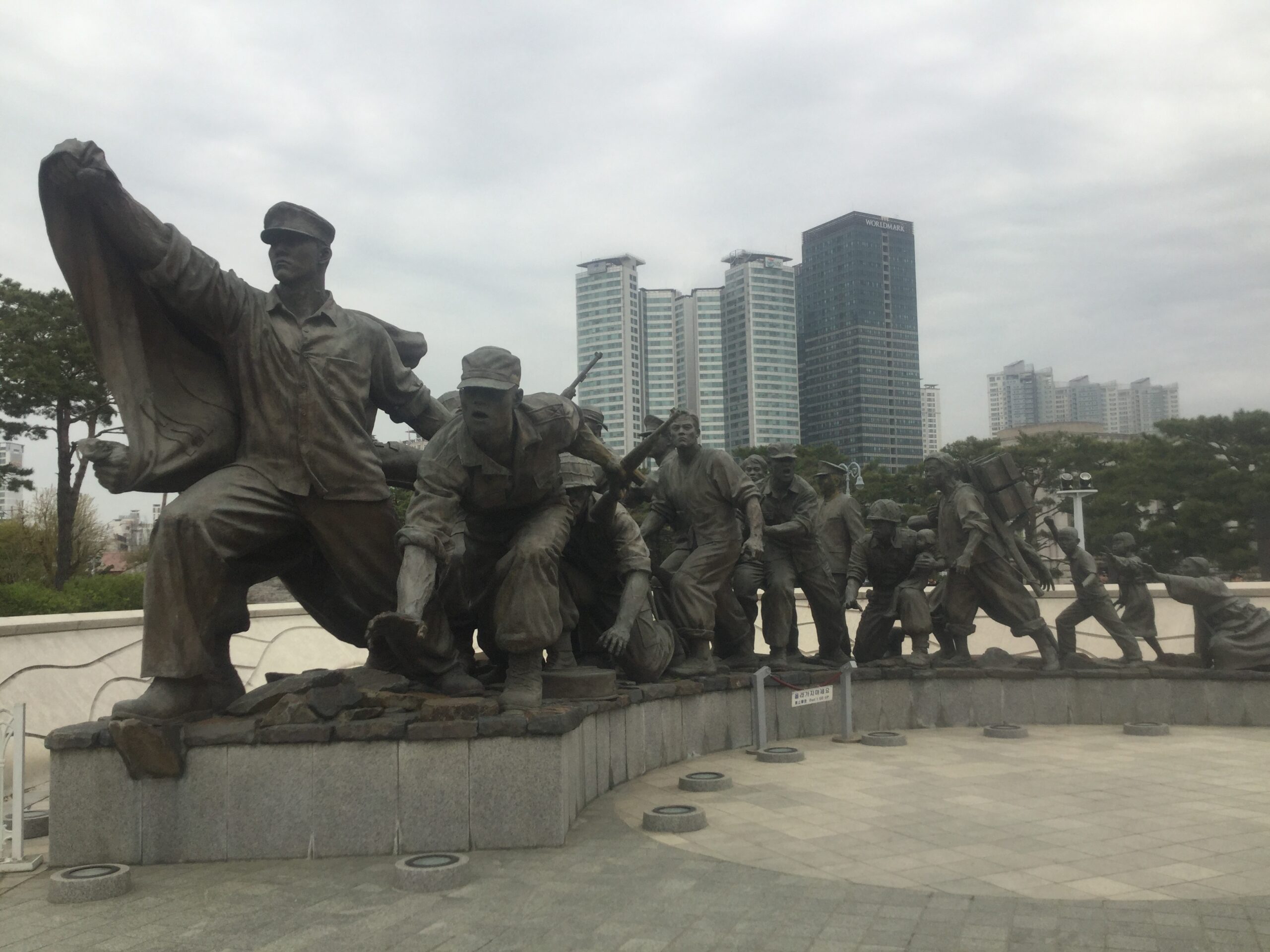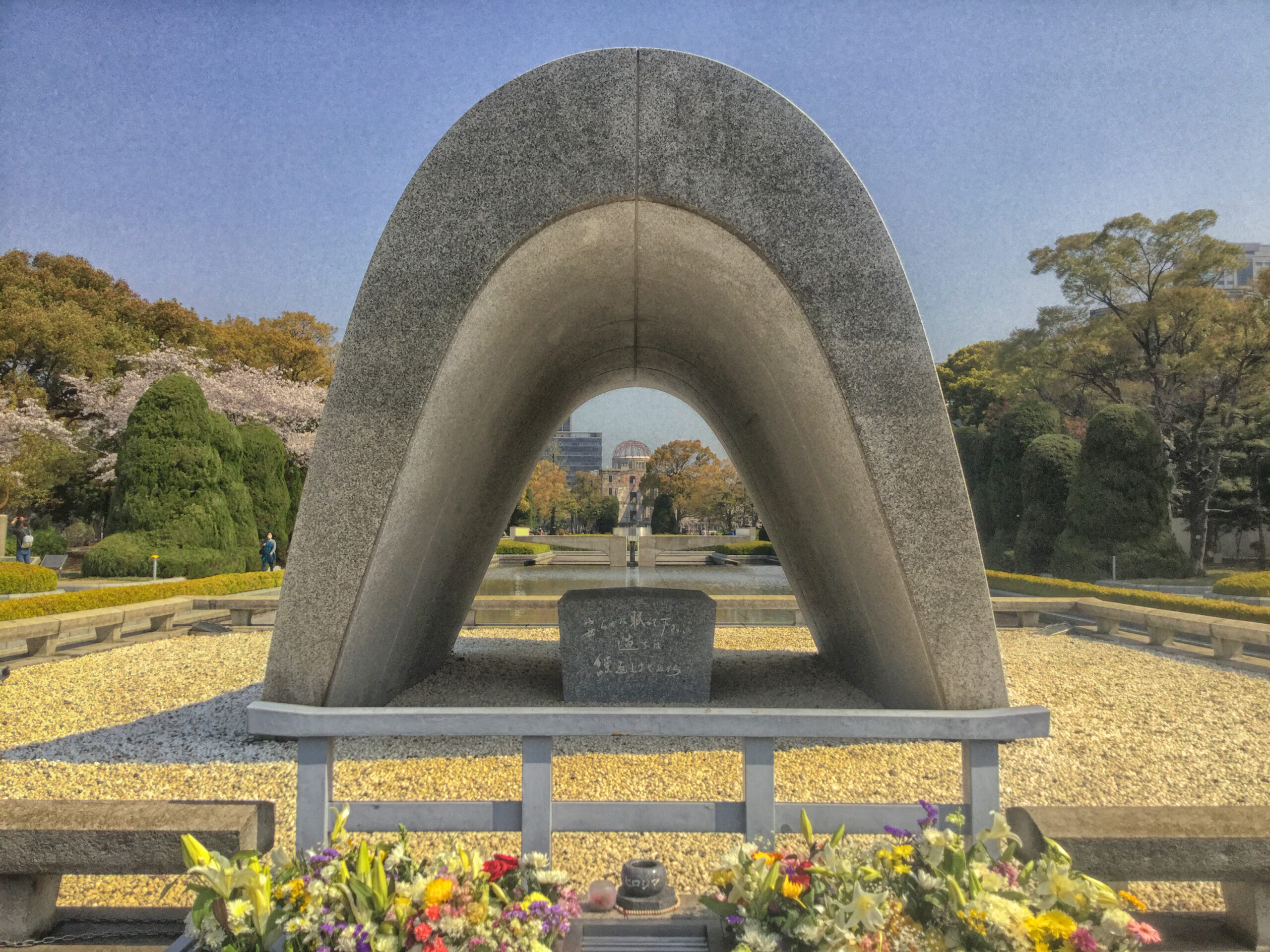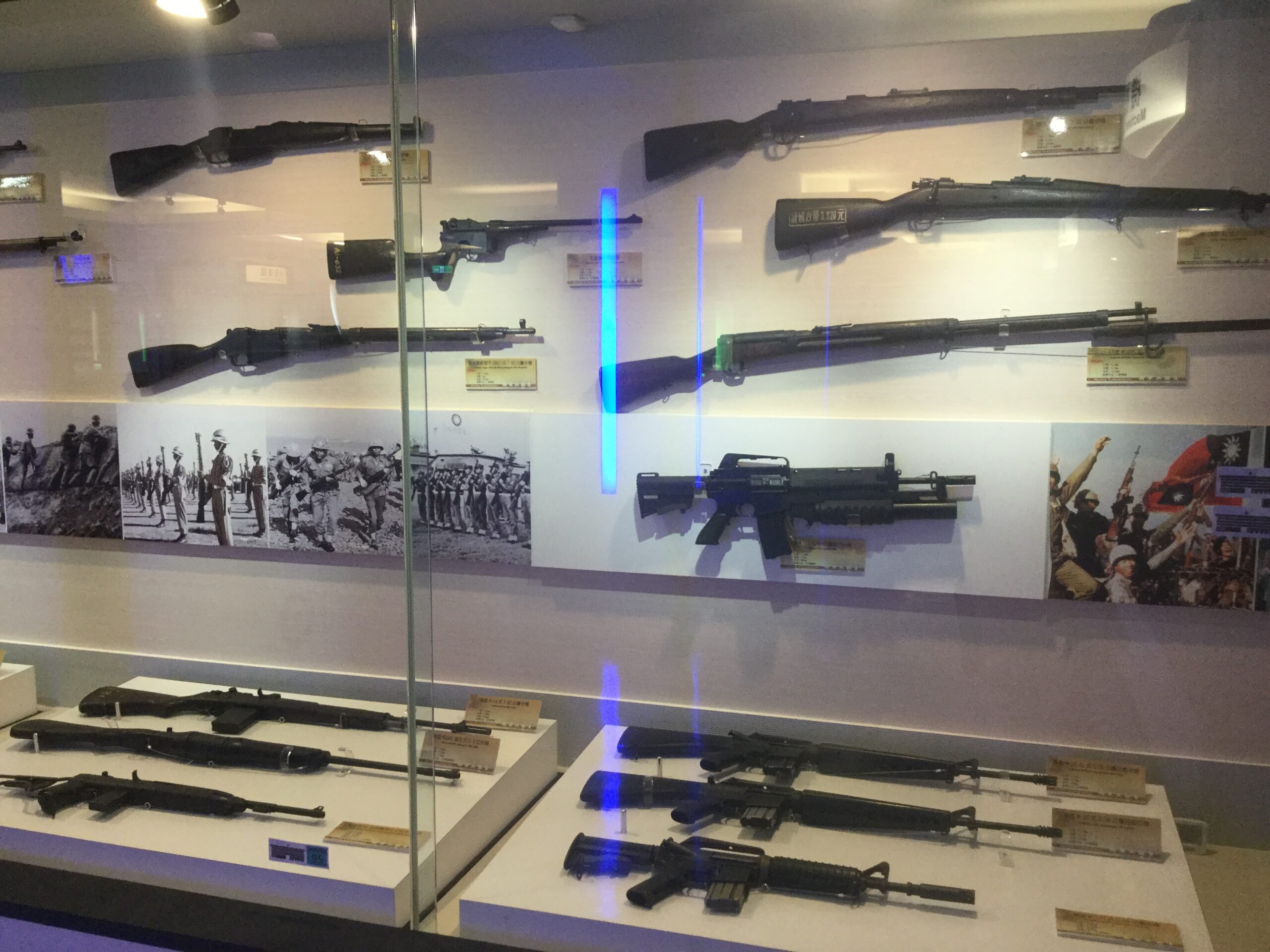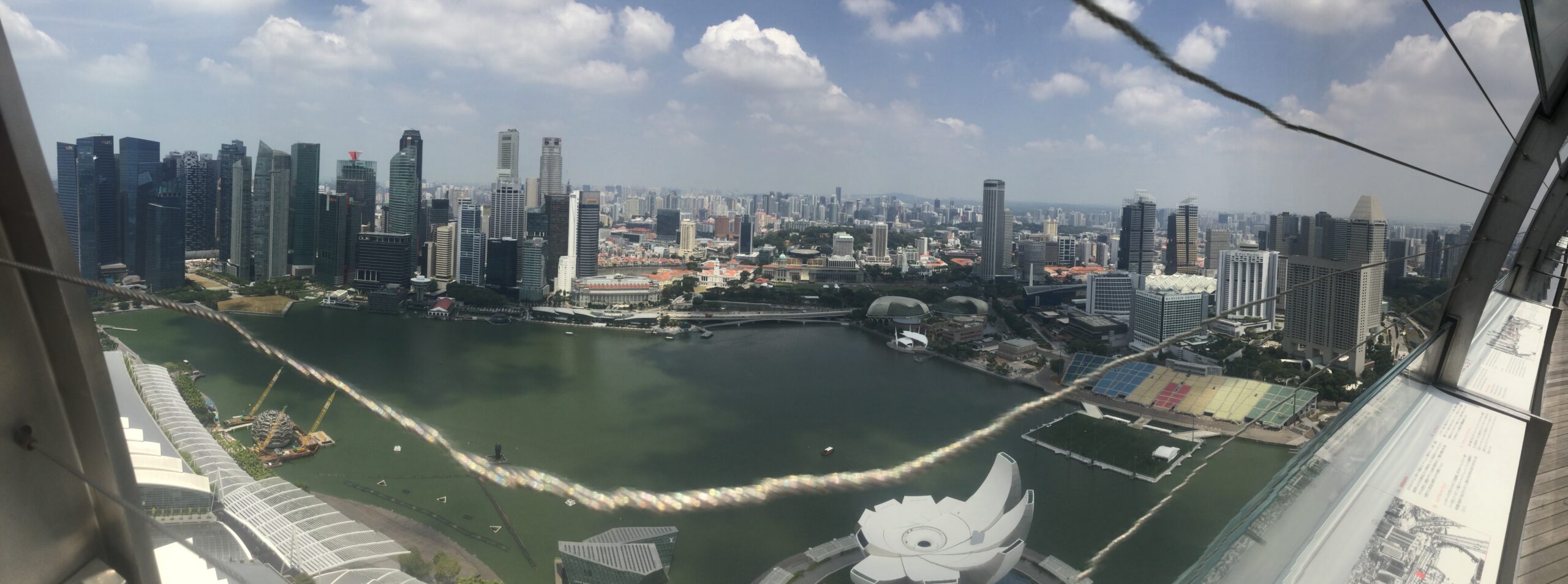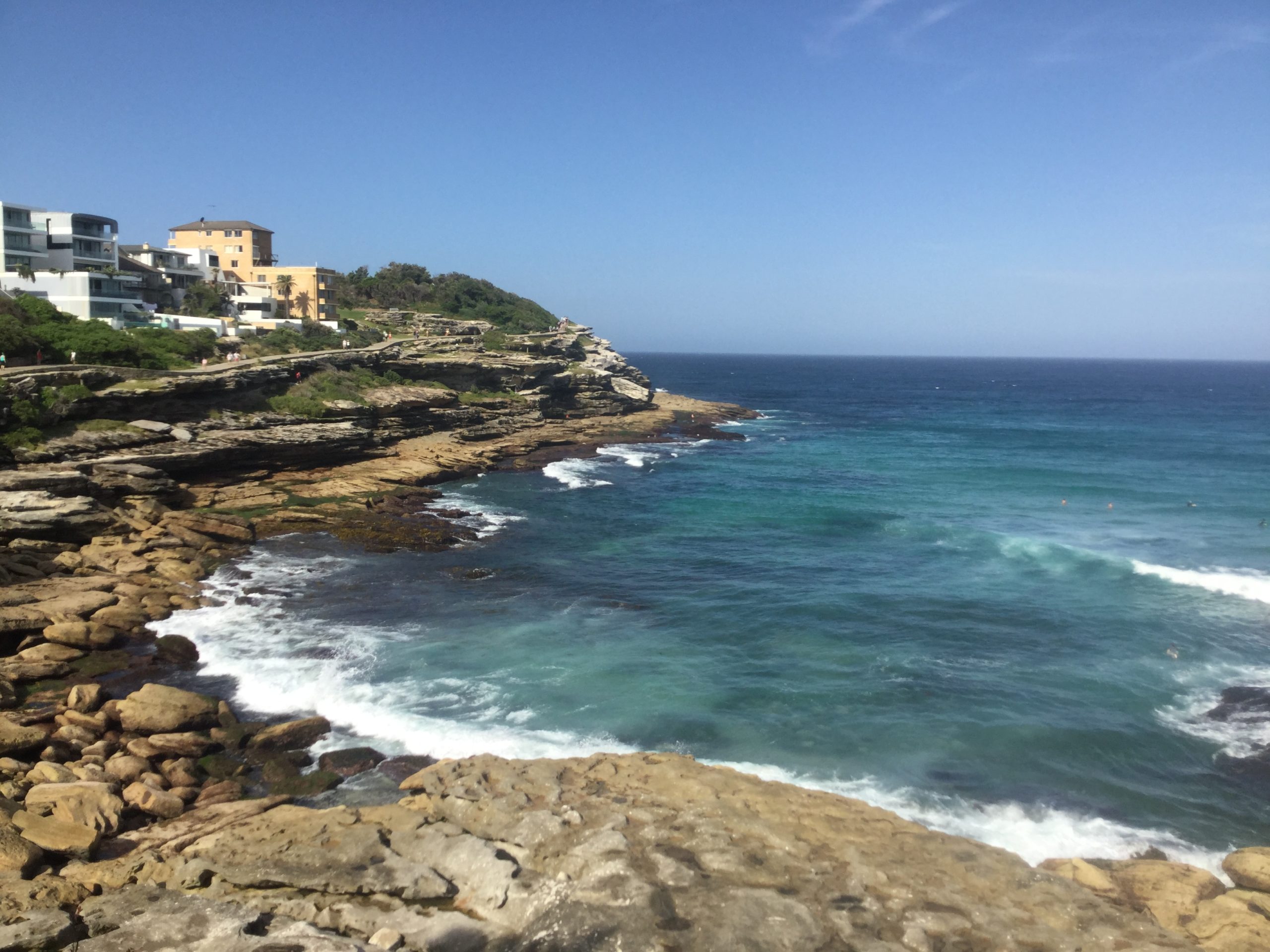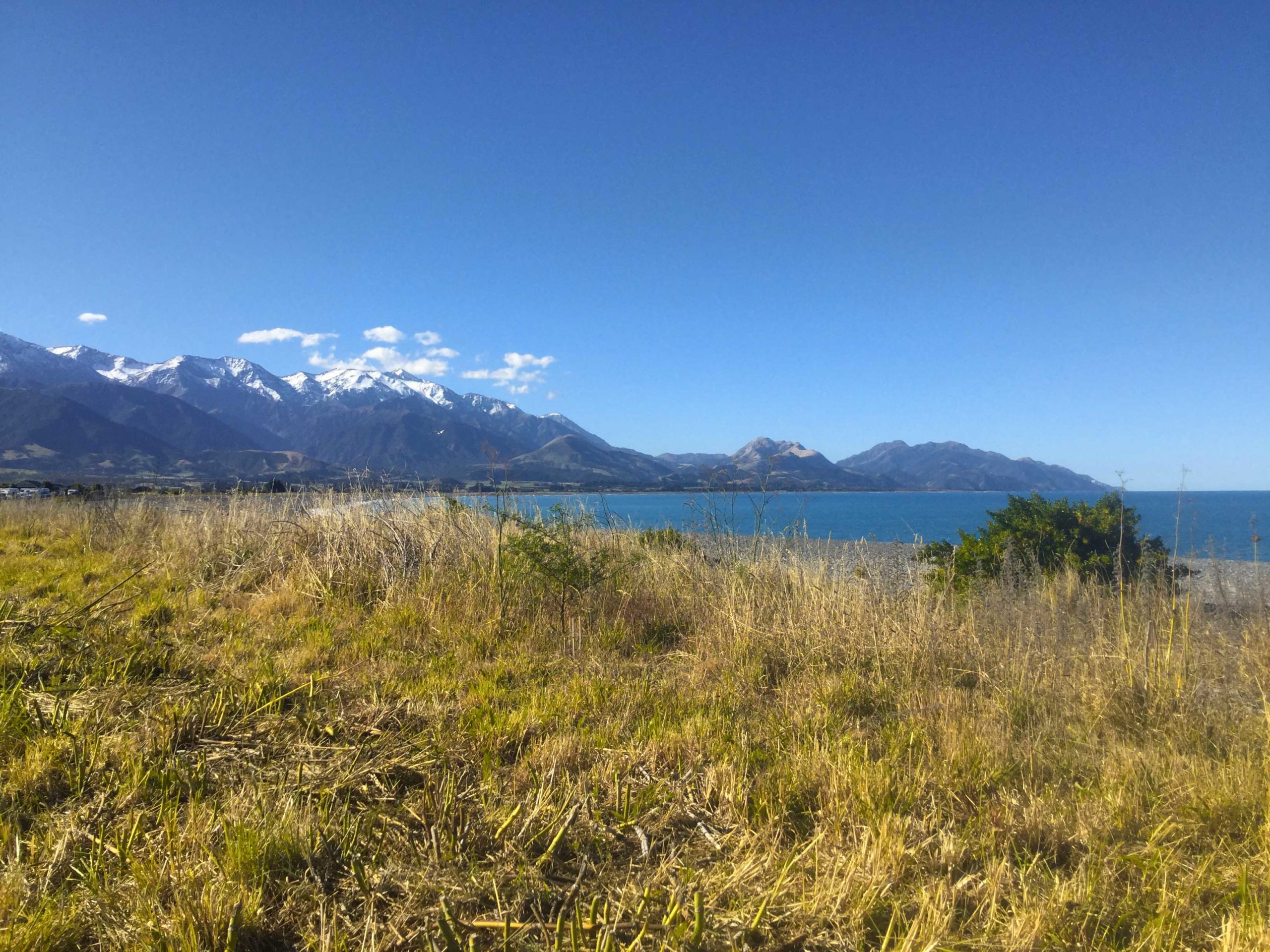When his “Gadget” detonated in the New Mexican desert in July of 1945, Robert Oppenheimer quoted the Bhagavad Gita, “Now I have become Death, the destroyer of worlds.” Being the binding force of the Manhattan Project, Oppenheimer knew that humanity had passed through the looking glass of which we had no return. The awesome power of the atom was fully exploited, and for the first time in the history of the Earth, a species had the means to kill it.
It is one thing to have read about the wanton destruction caused by two unprecedented bombs at the hands of Americans: peeling skin fused with clothing, bald children riddled with tumors not long for the world when they had seen so little of it, and shadows burned on concrete as the dead’s only epitaphs. It is another thing to be there, exactly in the spots where the fuel of the cosmos was unleashed so many lifetimes ago.
In my younger years, I had an incredible fascination with Japan; I am a child of the Nintendo era, after all. This magical land, a world away, captivated me for many reasons: the food, the language, martial arts, and technology. I even started learning Japanese through tapes and had a Japanese best friend at summer camp.
As I grew and my understanding of the intertwining histories of our countries increased, I became more perplexed about the accounts I was discovering. I learned of the actions in Manchuria, in Korea, and other parts of the world where Japan’s military powers took control with a strangling grip. I knew the Japanese as scholars, engineers, architects, artists, financiers, and businessmen; all striving for nearly attainable perfection with a penchant for the respect of honor and the administration of authority.
Like the Germans.
And like the Germans, I began to see why not only they were allied during World War II, but they did what they did during its destructive course, hopeful for a new purified world of their creation that would spin upon their Axis. That striving for perfection and the reawakening of their warrior culture lead them down the darkest path of imperialism, eugenics, atrocities, and inhumanity. What we in the West humbly forget beneath the sands of time is that this was the first Asian country since the hordes of Genghis Khan that had a likely chance at overtaking parts of Western Civilization.
With this conflict in my heart, I made my second coming to Japan. Traveling over fifteen days from Tokyo to Kyoto, Osaka to Hiroshima to Nagasaki, and Fukuoka, it unfolded in front of me. I looked upon the land of the Rising Sun with an unjaundiced eye.
While the Germans are ashamed of their wartime past, from what I experienced, the Japanese see it as a temporary dalliance. One that they felt they paid for with a few kilotons, decades of occupation, and disarmament.
Their historical displays, shrines, and museums I saw downplayed their role in the war, citing various reasons they lashed out at Western powers. This included the oil blockade that lead to their surprise attack on Pearl Harbor. They did not mention the various policies of encroachment on sovereign countries years before the war reached Europe, putting the captured under hellish yokes of physical and sexual slavery. They used plausible deniability, saying that in their colonies and conquered lands that the grotesque actions of rape and murder perpetrated were those of men without sanction from home.
In the cities scorched by human-made suns, their memorials questioned why such awful measures were needed. They seemingly denied that every last civilian was being trained to repel an Allied invasion, including grandmothers with broomsticks. This would have cost countless more lives on both sides, possibly even my own grandfather’s, negating my very existence. I say this all being intimately aware of my own country’s actions during this dark time of humanity: firebombings, the collection of macabre trophies, and the internment of our citizens.
Sins of the grandfather’s aside, although I was an obvious gaijin (foreigner,) that did not stop them from treating me with the utmost respect. From watching the futuristic marvel cityscape sprawl before me from the apex of a hotel bar with Tokyo Tower flickering in the distance, to speeding along the pristine highways on their immaculate intercity buses or even in a frosty glass of Suntory whiskey, the Japanese attention to detail and service was astounding. Everywhere I went, I could feel how honored my hosts were to have me, whether it be in a restaurant, convenience store, hotel, tram, bus, train, shop or simply walking along the street. I began learning a few of their customs and a few words to reciprocate their courtesy. The lessons learned there have become engrained in me, such as handing over my credit card to a cashier with both hands while making a little bow. It is considered quite rude to do otherwise. For in Japan, the respect one shows to others is more internal, in that, it is a measure of the person and of that person’s lineage.
In the seminal work of post-war Japanese culture The Chrysanthemum and the Sword, anthropologist Ruth Benedict states that the Japanese are
“…both aggressive and unaggressive, both militaristic and aesthetic, both insolent and polite, rigid and adaptable, submissive and resentful of being pushed around, loyal and treacherous, brave and timid, conservative and hospitable to new ways…”
It is in this duality, much like that of all men, where the most profound truths are revealed. While Oppenheimer lamented of the worlds that could be destroyed, he did not consider the ones would be created. His “Gadget” quickly ended a war that was the bloodiest conflict in human history. It cleft sadistic militarism from the soul of the Japanese allowing them to refocus their indomitable spirits in more constructive areas under the protection of the United States. Finally, it offered the promise of a brave new world to dawn in the Land of the Rising Sun.


